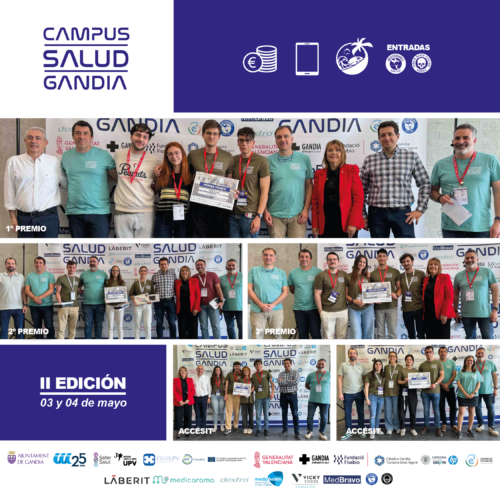To attract multidisciplinary talent in the health field, the Universitat Politècnica de València (UPV), Safor Salut, and the Gandia City Council, in collaboration with Hospital U. Francesc de Borja de Gandia, have organized the second edition of Campus Salud Gandia.
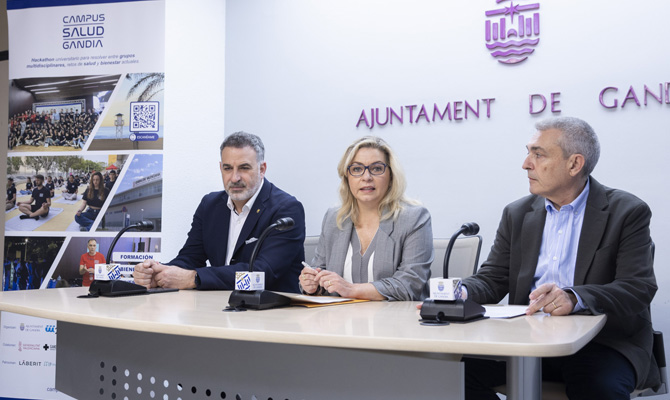
“It is a university hackathon designed to motivate and inspire students from any degree program and university, as well as anyone interested in health innovation, well-being, and entrepreneurship,” explained José Millet, a UPV professor and the event coordinator.
30 Hours Nonstop
Throughout the event, held on May 3rd and 4th at Campus Gandia (UPV), students from various universities came together to engage in learning and tackle challenges centered around health and well-being. They were guided and mentored by specialists in ChatGPT, Artificial Intelligence, No-Code, creativity, innovation, and business models.
During the hackathon, educational capsules covered a range of topics, including managing a medium-sized hospital, leveraging advanced health technologies like virtual assistants or AI, and crafting an effective ‘elevator pitch’. All this while keeping in mind the motto ‘mens sana in corpore sano’, with participants engaging in both yoga and dance sessions. All of these activities were overseen by expert mentors from various fields.

122 individuals registered, primarily consisting of undergraduate and double degree students, master’s degree candidates, doctoral students, and Upper Level Vocational Training Cycle participants. 66 participants successfully completed the various stages of the Hackathon. Among the participating universities, approximately 70% were affiliated with UPV (with representation from all three campuses: Vera, Gandia, and Alcoi), while over 14% hailed from other universities, such as University Carlos III of Madrid.

Health and Wellness Challenges
The creative challenge involved selecting a specific patient persona, empathizing with them, and constructing their current journey using the ‘Patient Journey’ model. This process included identifying their needs, pain points, and, consequently, opportunities for improvement. Building upon the existing journey, design a new ‘patient journey’ that reflects your vision of the future, incorporating innovation and leveraging advanced technology.
Illustrative cases included various patient groups such as outpatients, those with chronic conditions, emergency cases, surgical patients, and oncology patients, each presenting unique complexities.
For the analytical challenge, participants were given access to two databases: one containing information on ‘consultations’ and the other on ‘operating rooms’. Each team selected one of the databases and conducted analysis to identify trends and areas for improvement.
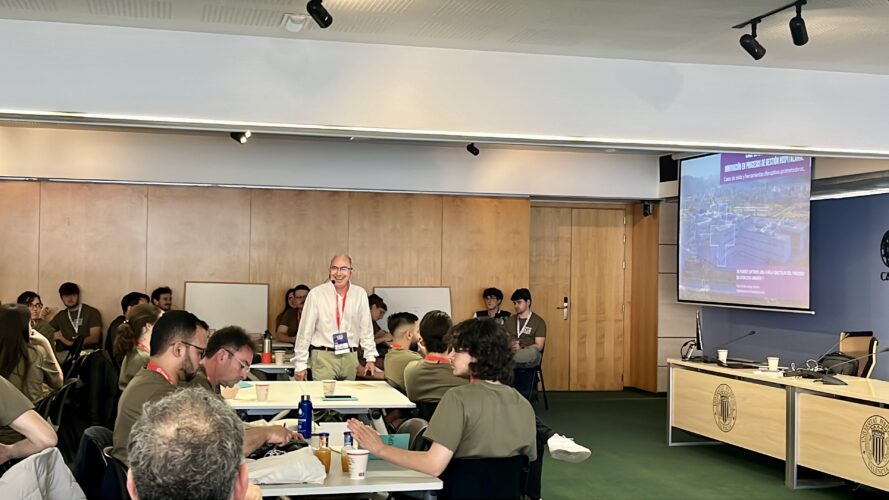
The hackathon culminated in teams presenting their findings to a multidisciplinary panel comprising experts from institutions and companies in the health sector collaborating with the event.
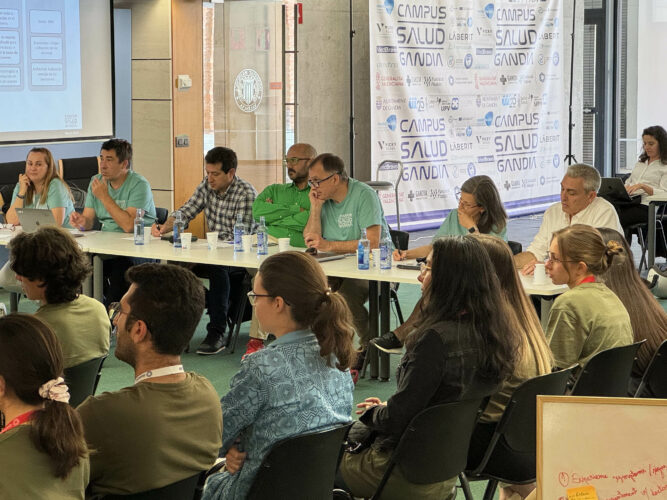
The team named Materïa clinched the first prize with their project titled ‘Super Immune Band-Aid’. This device aims to monitor the immune system of pediatric oncology patients and would be connected to a predictive app designed to enhance their quality of life. This innovative project was presented by undergraduate students in Biomedical Engineering from the University Carlos III of Madrid and doctoral candidates from the Interuniversity Master in Mathematical Research program at UPV and UV.
The second prize was awarded to the team called Salut DT, who presented a project focused on orthopedic emergency patients. They proposed utilizing digital twins to simulate patient movement through various services and an adaptive app to enhance the user experience. The team consisted of doctoral students from Industrial Production, Port Engineering, and Telecommunications Engineering at UPV.
The third prize was awarded to the team named MatlabEnjoyers, comprising Biomedical Engineers from the University Carlos III of Madrid (UC3M) and the UPV. Their project is related to the group of patients with colorectal cancer.
And the two runner-up prizes went to Masy and Salud Terrenal. Masy is a multidisciplinary group comprising architecture, interior design, Biomedical Engineering from UC3M, Industrial Design, and Business Administration and Management students. They centered their project on a rare disease, Uveitis. For their part, Salud Terrenal, a team composed of students from the Master’s and Bachelor’s programs in Telecommunications, Biomedical Engineering, and Food Sciences, centered their project on kidney disease.
